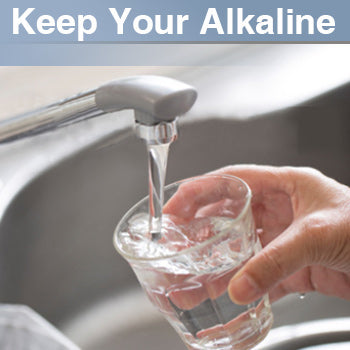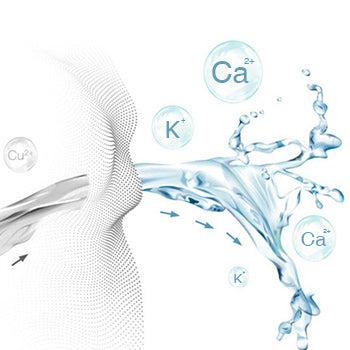|
11/3/2021 | Eva. W |
What is TDS?
|
|
Short for total dissolved solids (TDS), this term is used when talking about both inorganic and organic material that can be in your water. There are a few of these that are prime examples of what would be logged as TDS in your water. These include: potassium cations, magnesium, calcium and even nitrate anions. The level of TDS in your water determines the concentration of any or all of these solids.
|
 |
What is EHM?
|
|
Measuring the level of alkaline in your water, this is especially helpful for those who are looking to moderate the pH level of their water. Since acidity can vary from one tap to another, from one household to the other, you need to do what you can to find a filter that will help keep your alkaline level to the higher side, which is considered 8 or 9 versus the standard pH of 7. This will help neutralize the aid in your body and can make digestion easier!
|
 |
What is OOHM?
|
|
Measuring resistivity in water, this is used to help measure the ability of water to resist an electrical current. What does that mean in terms of your drinking water? It means that you aren’t ingesting water that is loaded with calcium or potassium, which are considered to either lower or heighten a water’s resistivity. For example, your average tap water often has up to 5, 000 ohms in it. However, rain water has over 20, 000 ohms in it . This is a huge difference and it can seriously impact the water’s overall contents.
|
 |
|
That’s a lot of acronyms and a lot of strangely siloed data. Do you need to know every single last detail about all of these? No. However, understanding the basics about these will help you understand what the best filter is for your water filtering system and how it all factors in to better your overall water quality as a result. Since knowledge is power, these basics are a great place to start!
|
|
Even if you didn’t know about any of this before, having a basic understanding about TDS, EHM and OOHM will help you have better appreciation for your water quality and how the right water filter is going to be so crucial. From there, you can start taking a look at the natural water that you have and then make the right choice when you are getting a water filter to correct it. The good news is that water filtration experts are well-versed in all of this and will help you find just the right one for your particular water needs.
|
Common Sense About Water Quality: TDS, EHM and OOHM

Robin Collins |


